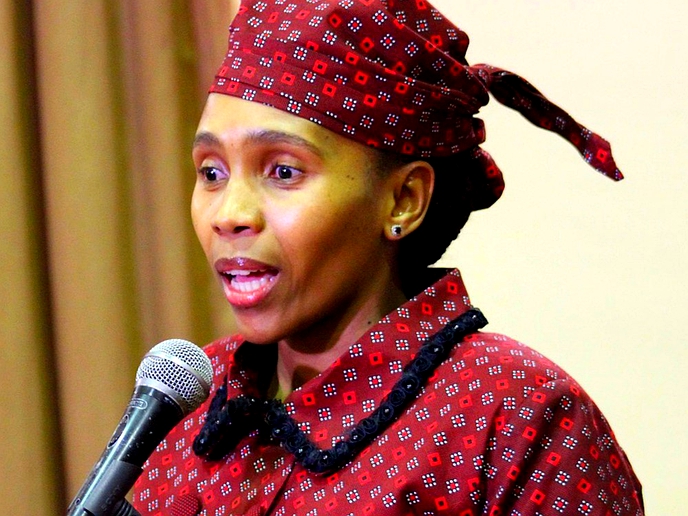THE COVID-19 pandemic has laid bare stark inequalities and weaknesses in health care systems in most countries across the world, the executive director of UNFA, the United Nations Population Fund, Dr Natalia Kanem has said.
health
July 12, 2021
LINEO MABEKEBEKE
2 min read
COVID-19 may have lasting effects on people

The Executive Director of UNFPA, Dr Natalia Kanem
The crisis, she said has caused many outstretched health systems to scale back sexual and reproductive health services, which are often not deemed essential.
Dr Kanem said the pandemic might have lasting consequences on the population, adding that for some people, it has led to postponing childbearing, while for others, the disruptions in health care have resulted in unintended pregnancies. Wherein
She made these remarks during the celebration of the World Population Day on Sunday adding that while these services are a human right, they have been shunted aside in favour or more pressing concerns.
Amid economic pressures and budget cuts, she says there is a real risk that some may fail to restore these services.
“Although we are yet to get a full picture of the impact of the COVID-19 pandemic on infertility, these trends have provoked alarmist concerns about baby booms or busts.
“What should cause alarm is when women cannot exercise their sexual and reproductive rights and choices, whether because health services are interrupted, or because gender discrimination prevents them from making decisions about accessing health care, using contraception or engaging in sex with their partners,” she said.
She said what leads to healthy and productive societies is when women can make informed choices about their sexual and reproductive health and when they have access to services to support their choices.
Enjoy our daily newsletter from today
Access exclusive newsletters, along with previews of new media releases.
"A woman who has control over her body gains not only in terms of autonomy, but also through advances in health and education, income and safety. She is more likely to thrive and also her family," she said.
Dr Kanem urged all to close the gaps, because sexual and reproductive health services are essential.
“Even if health systems are understandably strained, the services cannot wait and any further delays will curtail the health and well-being of women and girls, consequences that can last a lifetime.”






